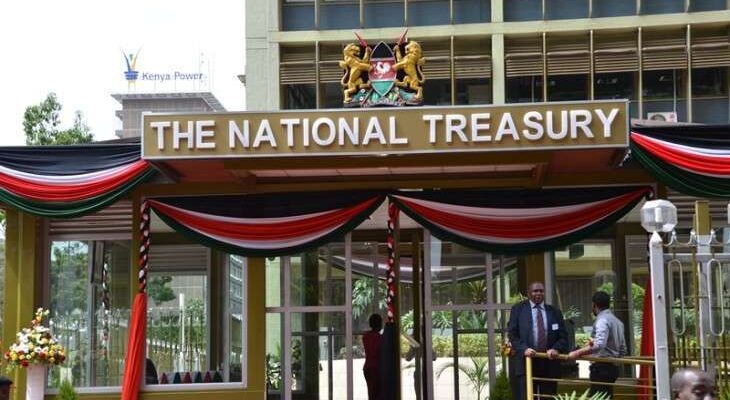The Kenyan National Treasury last year made significant changes to the provisions of the Finance Bill, 2019 before it was passed into law. This included the repealing section 33b of the Banking Act that provided for the capping of bank interest rates and hinting on VAT tax on various digital services.
This was followed by this year’s novel COVID-19 pandemic that saw President Uhuru Kenyatta slash VAT from 16% to 14% to protect businesses and Kenyans at large from the adverse effects of the virus. However, experts did air their concerns about how big a dent such a measure would have on KRA revenue basket right before it was signed as law.
The Treasury, headed by CS Ukur Yattani has now come up with a draft that is meant to close in more potential avenues in the digital sector for generating revenues. The new proposal named the Value Added Tax (Digital Marketplace Supply) Regulations will then force Kenyans to dig a little deeper so as to access a number of digital services if it’s passed to law.
If it receives the president’s signature, the digital services that will fall victim to tax will include:
- Downloadable digital content, including mobile apps, e-books, and films.
- Subscription-based media, including journals, magazines news, streaming services (Netflix, Showmax, et al.), as well as podcasts, online gaming, and music.
- Software programs including drivers, website filters, and firewalls.
- Electronic data management including web hosting, online data warehousing, file sharing, and cloud storage services,
- Supply of music, films, and games.
- Supply of search-engine and automated helpdesk services including supply of customized search-engine services.
- Tickets purchased for live events, theatres, restaurants et al. purchased through the internet.
- Supply of distance teaching via pre-recorded medium or e-learning services including online courses and training.
- Supply of digital content for listening, viewing, or playing or any audio, visual or digital media.
- Supply of services on online marketplaces that links the supplier to the recipient, including transport hailing platforms.
- Any other digital marketplace supply as may be determined by the Commissioner.
“The regulations relate to any supply of a service made over a platform that enables the direct interaction between buyers and sellers of services through electronic means,” reads part of the regulations.
Like other businesses, these companies will be required to file VAT returns each 20th day of the month at the end of the tax period failure to which they will be penalized.






[…] in 2021 when the Digital Service Tax was signed into law, Netflix increased the pricing for its Premium Plan. It is not unlikely […]